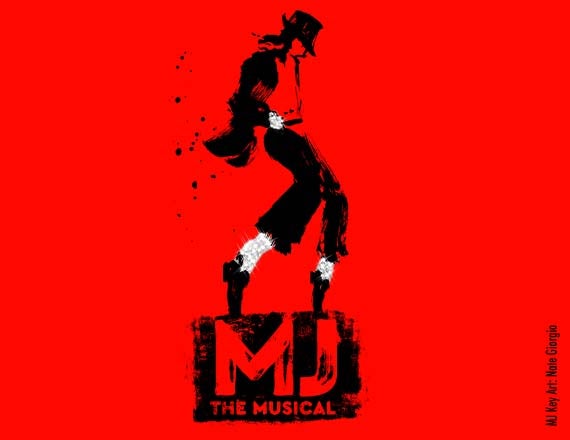Events & Tickets
All Categories
- All Categories
- Broadway at Blumenthal
- Theater
- Blume Studios
- Concerts
- Dance
- Comedy
- Family
- Festivals
- Speakers
- Free
Upcoming Events
Lucy Darling
Groups of 10+ receive 10% off base ticket price plus one (1) complimentary ticket.
Feb 22, 2026
On Tap @ NoDa - Feb 24
Feb 24, 2026
On Tap @ Triple C - Feb 25
Feb 25, 2026
Charlotte Ballet: Boundless
Feb 26 - Mar 21, 2026
Charlotte Symphony: The Concert: A Tribute to ABBA
Feb 27 - 28, 2026
Sun
Mon
Tue
Wed
Thr
Fri
Sat











